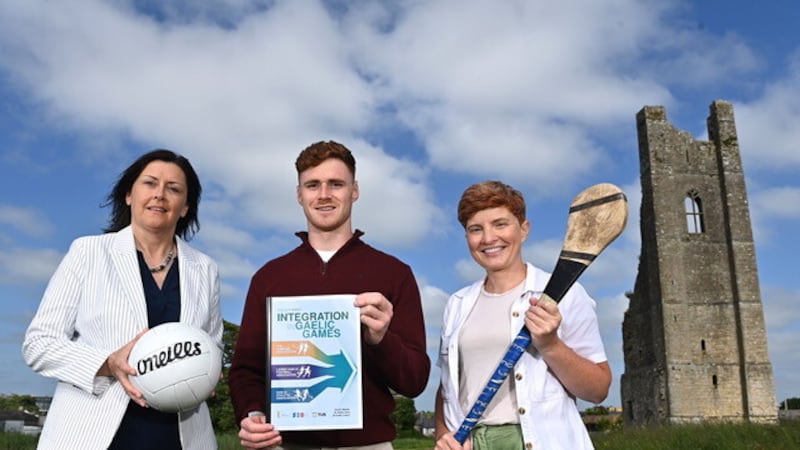Tyrone footballer Conor Meyler has said he’s “truly excited at the thought of being part of an integrated association in which all players are treated equally.”
A policy brief from academics at Ulster University Belfast and the Technological University of the Shannon (TUS) has set out five key recommendations for integration to proceed within Gaelic Games across Ireland.
The policy review has been conducted by Dr Kate Liston (Ulster University), along with Meyler, who is also a PHD researcher at TUS, and Dr Aoife Lane who is also part of the SHE Research Group at TUS. The brief has studied reviews of international research on integration and mergers, conducted interviews with leaders involved in the formation of one organisation for golf in Ireland and considered the unique cultural context of Gaelic games.
The five key recommendations of the brief are as follows: Planning for a full integration process; Setting out key principles and values; Prioritising female representation; Developing a funding model based on equity and Building a new organisation for Gaelic Games.
During the GAA congress in February, a motion to “Prioritise integration of the three governing bodies (GAA, LGFA & Camogie Association)" was passed, however, 10 per cent of delegates voted against the motion.
An integration steering group was established in September 2022 and former Irish President, Mary McAleese, became the independent chairperson of this group. A comprehensive listening process is underway this year between the governing bodies to try and find the best solution and process for integration.
Dr Liston noted that “Integrating separate organisations is always a challenge and, as the research shows, this is especially the case for those separated along traditional gender lines. The research team are committed to the dissemination of impactful research that will benefit women’s sports and build towards real and meaningful gender equality.”
The main arguments against integration issue around sharing of facilities (pitches, gyms, etc.) as well as the sharing of financial resources which many believe are already a contentious issue within Gaelic Games, which will only be exacerbated by intergration.
However, Meyler is leading on the project and is positive surrounding the future of integration and the effect it can have on wider society. Commenting on the policy brief, he said “I am delighted to be part of this research project while completing my PhD at TUS. This research will not only have implications for Gaelic games, but also for women’s sport in Ireland in creating a more gender equitable society.
Dr Lane echoed Meyler’s sentiment and said “SHE Research Group and TUS are delighted to support this project through our internal President’s Doctoral Scholarship funding scheme. Conor, Katie and I are each deeply embedded in Gaelic games and are keen to see how a new organisation evolves to support males and females equally across all facets of Gaelic games. We are hopeful our work can be helpful in this process.”
It is unclear when full integration of the governing bodies will be in place but with academic research and policy briefs such as this one being put together, it seems the appetite for a single governing body is strong and will be a key part of the GAA’s strategy within the next five years.
Incoming GAA President, Jarlath Burns will have integration at the forefront of his mind and this will be an issue which will figure largely during his term.








